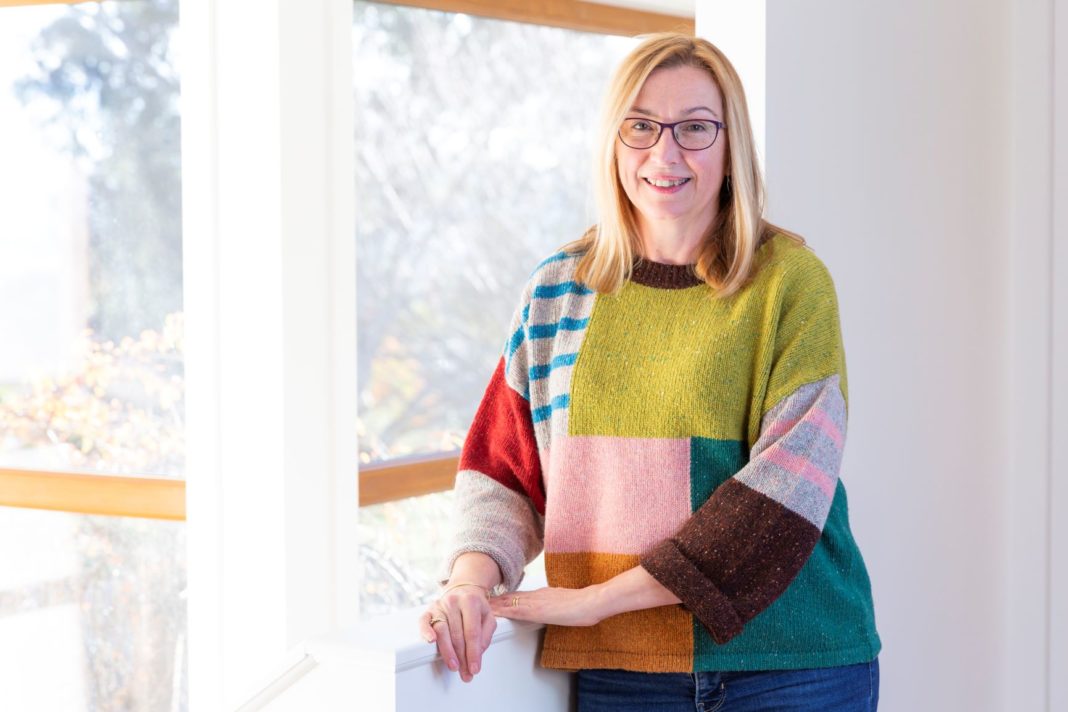Janet Drew was pregnant with her first child when she was diagnosed with multiple sclerosis.
Now, 26 years on, and in light of today (30 May) being World MS Day, the Jerrabomberra mother of three is supporting others living with the condition during the global pandemic.
Ms Drew first started experiencing tingles in one of her legs when she was five months pregnant.
“I went to the doctor thinking the baby was sitting on my sciatic nerve,” she said.
“The GP took one look at me and said ‘no, you need to go and see a neurologist’. I got diagnosed really quickly, which was lucky in a sense because a lot of people go for years with odd symptoms before they are diagnosed.”
Ms Drew said she was in a state of shock at her diagnosis, given there was no medication and little research on the condition at the time.
“I found this book and I opened it and it said ‘the lifespan of people with MS is 10 years’ and I just slammed it shut, but it hasn’t been like that,” she said.
“I have had a really mild course to date but I did have a bad flare-up after my third daughter that left me in hospital.”
With three adult children and 26 years of experience living with the condition, Ms Drew is now a pillar of support for others with MS.
As a co-facilitator of a telephone support group for MS Limited, Ms Drew is raising awareness for how the global pandemic has made the lives of those living with MS more difficult.
“We worked out early on with COVID-19 that the people we were talking to (in the support group) were feeling very vulnerable,” she said.
“A lot of people are on disease-modifying drugs and that affects their immune system, so they are more susceptible to catching any viruses going around, let alone COVID-19.
“Unfortunately for many, stress can be a trigger for their MS to flare, which is particularly worrying.”
Across Australia, there are over 25,600 people living with MS, with the ACT showing the third highest prevalence of the condition.
Three-quarters of those living with the disease are women and the average age of diagnosis is between 20 and 40 years of age.
Ms Drew said World MS Day, which is recognised at a global scale, is important in raising awareness of the disease.
“MS is largely an invisible disease and people don’t fully understand it. Just because someone with MS looks well, doesn’t mean they feel well,” she said.
“Any opportunity to educate is a good one and it is increasing in prevalence in Australia.
“More young people are getting diagnosed with it, which isn’t something people usually think about when they think of MS.”
For the next three years, the theme for World MS Day is “connections,” a theme Ms Drew said is very fitting for the current climate. She encouraged the public to reach out to someone they know with the condition this World MS Day.
“It may be as simple as providing a meal, helping with shopping if they are unwell, or having a virtual chat,” she said.
“If you see they are struggling, please let them know there are support services they can access. Through providing peer support, I have learnt that getting the right support really can make a huge difference to the lives of people with MS.”



